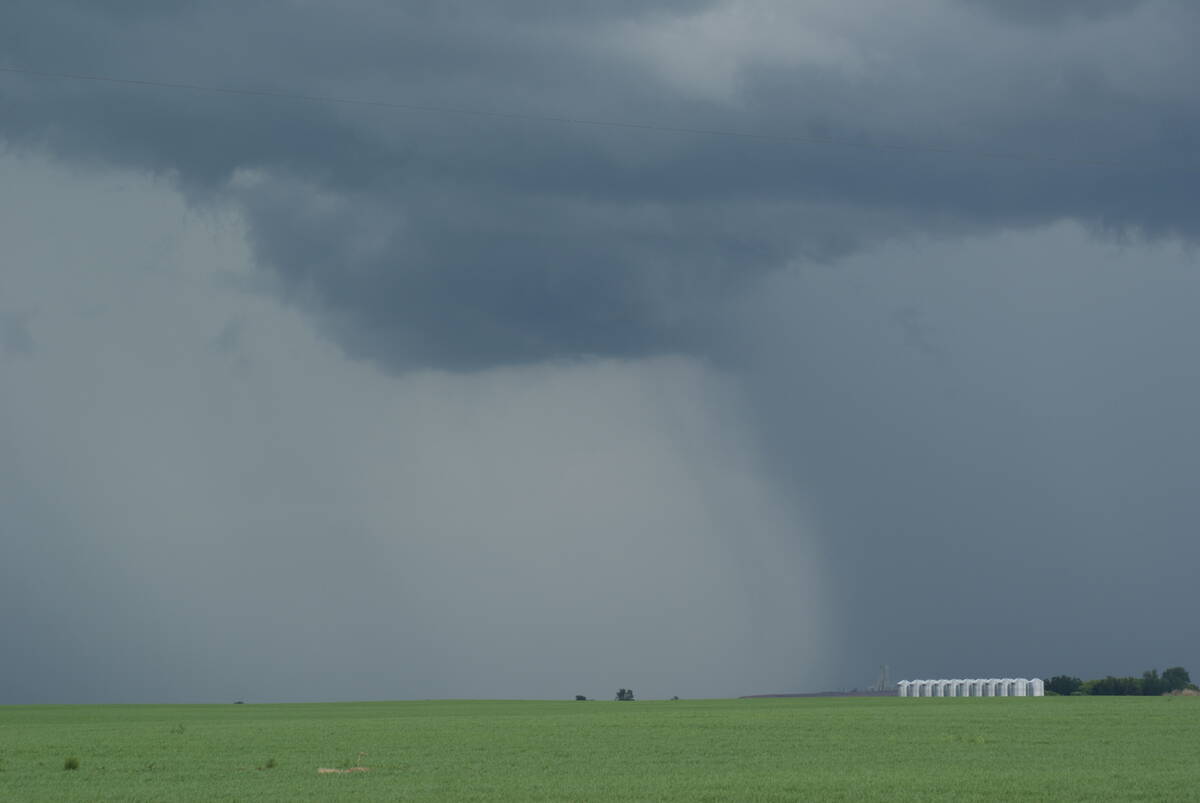The federal government has a trade problem down on the farm.
Last week, the Chinese government announced it had embargoed canola exports from one of this country’s largest grain exporters: Richardson International Ltd.
The Richardson embargo comes at a time of increased diplomatic tensions between Canada and China. Beijing says the move is required because a shipment from the company contained “hazardous pests.”
A few days later, Chinese officials upped the ante, announcing Canadian canola exports as a whole will now face beefed up import inspections.
Read Also

Canadian farmers need new tools to support on-farm innovation
Farmers need a risk management buffer that actually works and investment that drives advancements forward if Canada is to build resilience.
China’s actions have dealt a major blow to this country’s agriculture industry.
Foreign Affairs Minister Chrystia Freeland, who once brought a jar of her father’s canola with her to China during a working visit in 2016, has said there is no scientific basis for the Chinese government’s allegations.
Freeland, along with newly appointed Agriculture Minister Marie-Claude Bibeau and International Trade Minister Jim Carr, have said the issue is of the utmost importance for the Canadian government.
But tensions between Canada and China over canola exports are not new.
In 2016, the same year Freeland packed a jar of her family’s canola in her suitcase, Canadian farmers were fearful they were about to lose access to their largest canola market. The concern came after China threatened to tighten its rules around the amount of dockage allowed in canola shipments to protect against blackleg.
In September 2016, Prime Minister Justin Trudeau and Chinese Premier Li Keqiang agreed to an 11th hour memorandum of understanding around blackleg that accepted Canada’s current thresholds until March 2020.
Canada’s canola industry has said that agreement must be extended past its March 2020 deadline to ensure the market access issue does not resurface. Industry has also quietly warned that the dockage issue with China could re-emerge as a potential issue at any time.
But canola isn’t the only Canadian crop facing export issues. The list of agricultural trade disputes Canadian farmers face keeps growing.
Take pulses, for instance.
Canada and India remain deadlocked in a longstanding dispute over pest-control practices, known as fumigation, for pulse crops like lentils and peas. Trudeau and Indian Prime Minister Narendra Modi agreed to resolve the issue by the end of 2018.
That hasn’t happened. Instead, Canada and the United States announced earlier this year that they were taking the issue to the World Trade Organization.
Then there’s the ongoing trade issues with Italy over durum, used to make pasta.
Canada and Italy have been embroiled in the dispute, which has been spurred by Italian consumer fears around the popular weed-killer glyphosate and proposed “Made in Italy” country-of-origin labelling requirements by Rome.
Canadian durum exports to Italy have slumped as a result. Former Agriculture Minister Lawrence MacAulay told senators in May 2018 that Canada was considering challenging the policy at the WTO. No challenge has been filed thus far. The issue also remains unresolved.
Meanwhile, Agriculture Canada’s market access secretariat continues to work on hundreds of technical trade issues affecting Canadian agriculture goods.
In 2015, the Trudeau government flagged Canada’s agriculture industry as a potential economic darling. That year’s budget challenged the sector to grow its exports to $75 billion by 2025.
MacAulay during his tenure as agriculture minister repeatedly insisted that target was obtainable.
For now, Canada’s agriculture industry, which is heavily reliant on its ability to export, remains cautiously optimistic about that trade target — even as the list of trade issues lengthens and global trade uncertainty continues to grow.
On March 19, Finance Minister Bill Morneau is expected to release the Trudeau government’s latest fiscal plan. Whether the budget will include any funding or policy directives for Canadian agriculture or agricultural trade remains to be seen.














